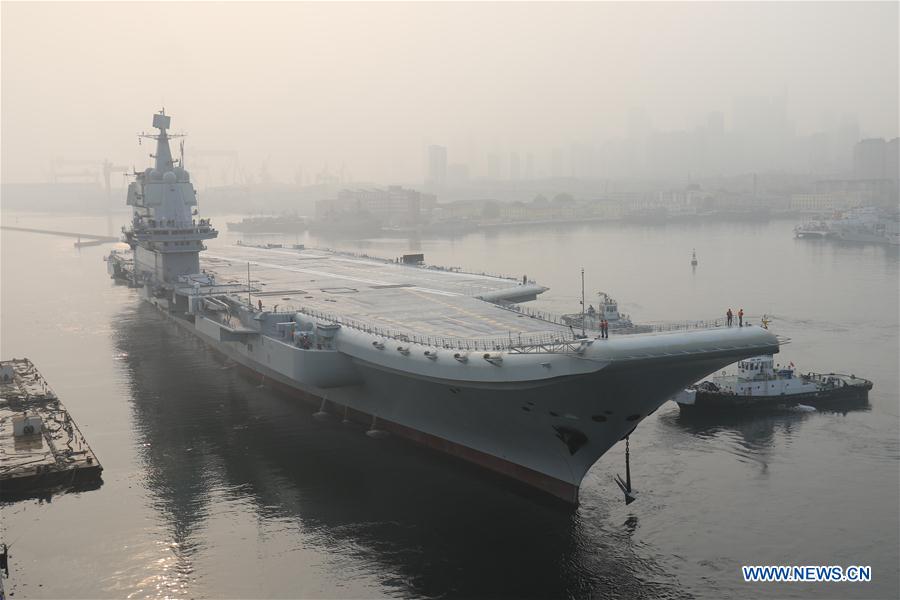Shanghai officials released a detailed guideline recently for further opening-up in the financial sector, responding to President Xi Jinping's speech at last month's Boao Forum for Asia.
Xi said during his speech on April 10 that China will carry out a number of important policies to open up further. The next day, Yi Gang, governor of the central bank, announced 12 opening-up policies, five of which will be implemented over the next few months.
According to Shanghai's financial services office, efforts will be made in fields including banking, securities, insurance, financial markets and free trade accounts, as well as touching on entry policies for bank-card clearing institutions and nonbank payment institutions.
Under the new guideline, foreign banks will be allowed to set up branches and subsidiaries in Shanghai. Commercial banks will be able to set up financial asset investment companies and wealth management companies with no foreign capital limit.
Meanwhile, foreign-controlled securities companies, investment funds and futures companies will be allowed to establish operations in Shanghai to provide brokerage and consulting services.
Foreign insurance services will be expanded to include both insurance agencies and assessment services. In addition, foreign-controlled life insurance companies will be allowed to operate in the city.
Financial markets will be further opened to overseas investors. Innovative companies from overseas will be encouraged to issue Chinese depositary receipts to trade in the Chinese A-share market.
The scale of Panda bonds - referring to yuan-denominated bonds issued in the Chinese mainland market by an overseas entity - will be expanded.
The free trade account, which was launched within the China (Shanghai) Pilot Free Trade Zone in 2014, will see its function and range of applications expanded to the Yangtze River Delta region to facilitate the internationalization of the renminbi. The financing and investment functions of free trade accounts will be further explored, the guideline said.
In addition, restrictions on credit rating services provided by foreign financial companies will be relaxed.
Li Jun, deputy director of the Shanghai financial services office, said the changes will make Shanghai an important crossroads for domestic and foreign capital.
Direct financial settlements in Shanghai last year amounted to 7.6 trillion yuan ($120 billion), more than 85 percent of the national total. About 30 percent of the financial institutions registered in Shanghai were foreign-backed.


















































